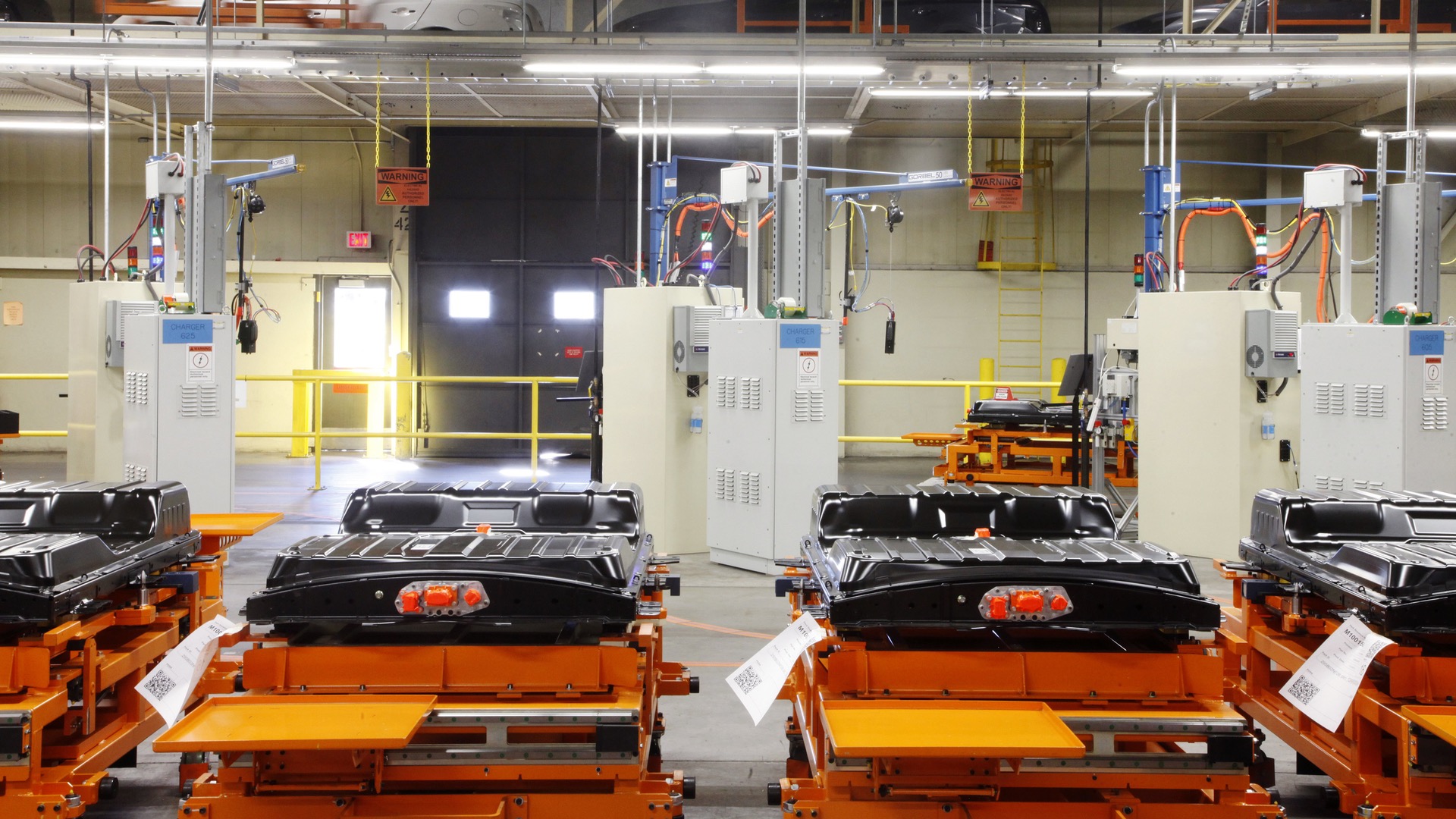

The next big source of metals for electric-car batteries may be centuries-old British mines, many of which haven’t been active since the 1990s, according to a new Reuters report. A new source of metals is exactly what’s needed as automakers seek to boost production of electric cars.
Mines in the U.K. county of Cornwall access one of the world’s largest tin deposits, but were shut down in the 1990s when a drop in prices made them unviable. Now, researchers are looking at the possibility of reopening the mines, which may contain lithium deposits as well, to supply metals for batteries.
This would solve many problems for the battery industry. Increased demand from automakers is expected to create a shortage of the metals used in lithium-ion battery cells. Chinese companies also control most of the existing mines and refineries, leaving Western companies concerned that they will be shut out. Poor working conditions in existing mines in countries like the Democratic Republic of Congo also present ethical issues.
A U.K. mining revival creating a source of battery metals in a stable Western country is an attractive prospect for the auto industry, but it’s not a done deal. So far, mining efforts have been relatively small scale, with large firms holding back in order to let smaller upstarts take the initial risk, according to Reuters. It’s unclear if these initial efforts will point to enough metals to make a difference.
Demand for batteries will skyrocket over the next few years as automakers implement ambitious electrification plans. Volvo, Jaguar Land Rover, and Infiniti will soon offer hybrid or all-electric versions of every vehicle they make, and Volvo expects all-electric cars to make up half its global sales by 2025, and the Volkswagen Group plans to launch 50 all-electric models across multiple brands by that time. Nissan expects to be selling 1 million hybrids and all-electric cars by 2022. They’re going to need a lot of batteries.